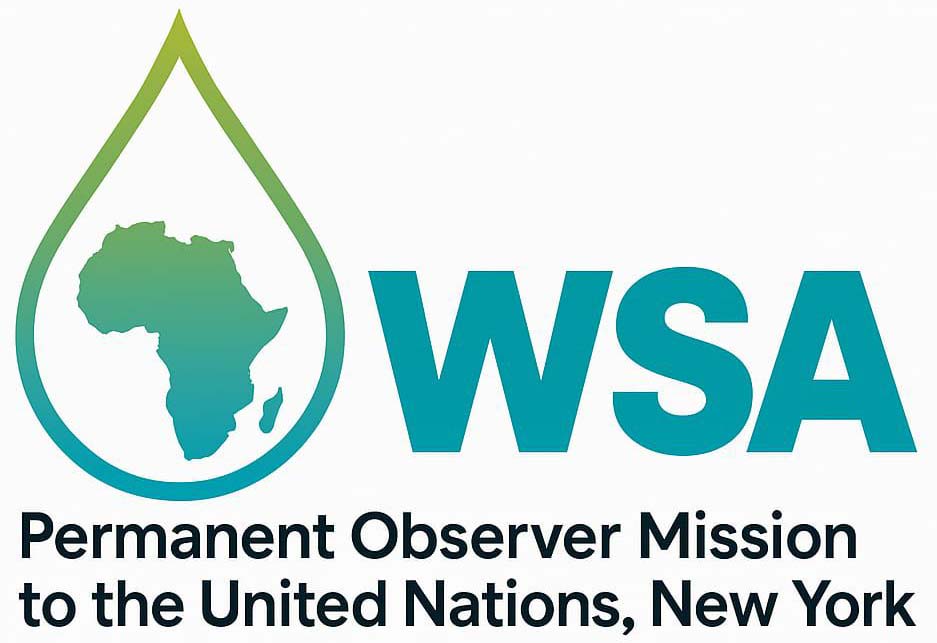WATER AND SANITATION FOR AFRICA
Strategic Framework
Strategic Framework
The reforms undertaken in 2011 aimed to reorient its intervention approaches and methods in line with the new challenges and issues of the water and sanitation sector in Africa. The major stages and achievements of these reforms can be summarized in three main areas:
Institutional reforms - with the establishment of the Pan-African Intergovernmental Agency called Water and Sanitation for Africa, EAA in French and WSA in English, in place of the former Regional Center for Drinking Water and Sanitation Low cost. During the two years following the reforms, the institution expanded its geographic coverage from 18 to 32 countries. Support for member countries has also intensified with the signing of Headquarters Agreements and Program Contracts. The institution has expanded its network of partners, particularly in emerging southern countries. Three specialized bodies have been set up:
The Business and Investment Group: whose mission is to create investment opportunities and promote the acceleration of the establishment of efficient infrastructure in Africa with a view to strengthening the capacities of players in the HAEP sector.
The Research and Competence Center: which aims to develop and promote approaches and technologies in the fields of water and sanitation but also responsible human capital and promoter of change in the countries Africans.
The EAA Foundation: which is a non-profit social entity whose mission is to promote the development of every African through access to innovative and sustainable water and sanitation services.
A new intervention approach
This approach began with the development of a strategic plan for the period 2011-2015. This strategic plan is essentially based on the multiplication of interventions through the development of more than a hundred projects and the implementation of new commercial strategies for financing water and sanitation services. The projects in question now include a new dimension, namely the promotion of social housing integrating appropriate water and sanitation infrastructure.
Since the start of the implementation of this strategic plan, the institution has recorded, across member countries, 10 million new users of water and sanitation services thanks to its programs. Innovative financing methods
The institution, in view of the financing gap recorded in the water and sanitation sector in Africa, has
set itself the ambition of mobilizing some 125 billion CFA francs for the various member countries.
This led to the development of a new strategy for mobilizing financial resources.
The inclusion of economic and financial models in support of traditional charitable models is one of
the institution's innovations to mobilize more financial resources for the HAEP sector. This should
constitute a significant complement to traditional grant-based financing, which has demonstrated its
limitations in solving problems in Africa's HAEP sector.
This strategy is essentially based on the multiplication and diversification of sources of financing. In
this context, the institution has developed numerous initiatives and was able to mobilize more than 22
billion FCFA in two years. Among these initiatives we can cite the ICON (Initiative Let's Count on
Ourselves which bases its intervention on the appropriation of the financing of services by the
communities), the business plans which have made it possible to prove the profitability of the
investment in the sanitation sector in particular (development of economic models, etc.) IV. The High Level Forum on Water and Sanitation for All
EAA initiated, 3 years ago, the High Level Forum for Water and Sanitation for All in Africa (FHN) in
order to provide various decision-makers and stakeholders in the sector on the continent with a
platform for exchange and influence with the aim of promoting concrete decisions and actions in
favor of the HAEP. The main objective of the FHN is to support African governments in identifying
sustainable and innovative solutions for accelerating access to HAEP and reducing poverty in Africa.
The High Level Forum does not wish to constitute another platform for defining new commitments or
recommendations but rather a meeting for decision-making and concrete actions.
Specific objectives of the High Level Forum
Significantly reduce the delay in the HAEP sector and define in a participatory manner the ways and
means to provide sustainable water and sanitation services to the populations. The forum aims to
support African governments in operationalizing their commitments to HAEP through the sharing of
lessons learned and good practices.
Invite African decision-makers, researchers, donors, innovators and investors around a common
platform of mutual aid and win-win collaboration with the aim of improving people's access to health
services. water and sanitation.
Promote the development and operationalization of partnerships for the implementation of innovative
programs and initiatives in the HAEP sector in Africa.

